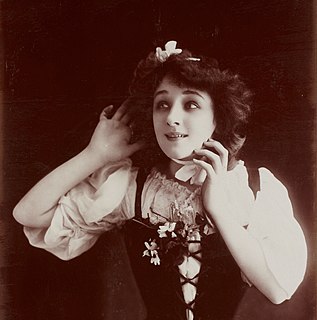This article does not cite any sources .(July 2014) (Learn how and when to remove this template message) |
| L'Affaire Maurizius | |
|---|---|
 | |
| Directed by | Julien Duvivier |
| Produced by | Franco London Films, Jolly Film |
| Written by | Julien Duvivier |
| Starring | Daniel Gélin, Eleonora Rossi Drago and Madeleine Robinson |
Release date | 4 June 1954 |
Running time | 110 min |
| Country | France, Italy |
| Language | French |
L'Affaire Maurizius is a 1954 French-Italian drama film directed by Julien Duvivier and starring Daniel Gélin, Madeleine Robinson and Anton Walbrook. It was based on a 1928 novel by Jakob Wassermann. Its Italian title is Il caso Mauritius.

Cinema of France refers to the film industry based in France. The French cinema comprises the art of film and creative movies made within the nation of France or by French filmmakers abroad.

The Cinema of Italy comprises the films made within Italy or by Italian directors. The first Italian director is considered to be Vittorio Calcina, a collaborator of the Lumière Brothers, who filmed Pope Leo XIII in 1896. Since its beginning, Italian cinema has influenced film movements worldwide. As of 2018, Italian films have won 14 Academy Awards for Best Foreign Language Film as well as 12 Palmes d'Or, one Academy Award for Best Picture and many Golden Lions and Golden Bears.

Julien Duvivier was a French film director. He was prominent in French cinema in the years 1930-1960. Amongst his most original films, chiefly notable are La Bandera, Pépé le Moko, Little World of Don Camillo, Panique, Voici le temps des assassins and Marianne de ma jeunesse.





